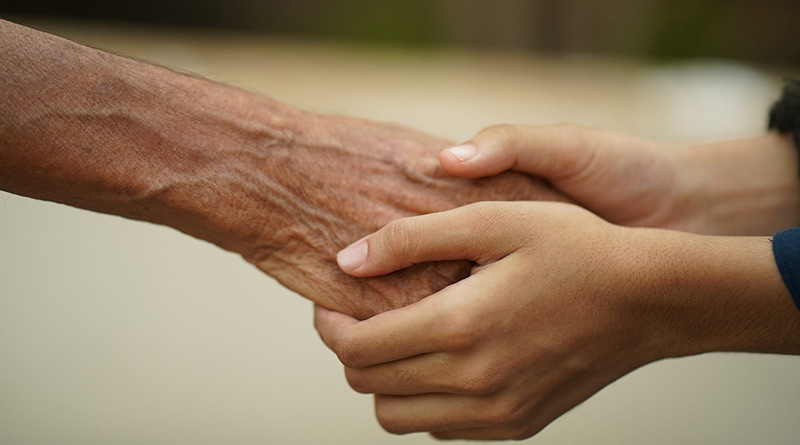Charities Demand ‘Fresh Thinking’ From The Next Government To Tackle Loneliness
A group of 14 charities and foundations including the British Red Cross, Mind and Age UK are calling on the government to increase efforts to tackle the growing crisis of loneliness ahead of the general election.
Recent data from the Office of National Statistics shows over seven percent of people in the UK say they are often or always lonely. The number of people who are chronically lonely has risen by half a million since 2020. The charities are calling for the post of a dedicated Minister for Loneliness to be continued by the next government, as well as a refreshed strategy and renewed investment to support lonely people and rebuild community connections.
British Red Cross head of policy Olivia Field said: “Five years on since the UK government created a Minister for Loneliness and launched their loneliness strategy, we need a renewed vision and commitment. There has been notable progress, but looking ahead to the next five years, we need fresh thinking. This issue isn’t going away, numbers have been increasing since the pandemic, and are being exacerbated by cost-of-living pressures.
“Many of the places people rely on to connect, from pubs to cafes, to community venues are closing. Connections with others are a lifeline, not a ‘nice to have’. Loneliness is linked to an increased risk of a range of health conditions, from Alzheimer’s to stroke. There are many organisations working to tackle the issue, but they need support, and we need to see more national leadership on this critical public health issue. “
The charities have also highlighted the cost of loneliness, if not addressed. Research has shown that the impacts of loneliness on the workforce alone cost businesses £2.5bn a year. It also increases pressure on the NHS and social care.
Recommendations from the charities include:
- Appointment of a dedicated Minister for Loneliness by the next government, supported by a cross-government team
- A refreshed strategy, with clear objectives and dedicated funding
- Guidance for schools and employers to tackle loneliness
- Reform of social care and support so disabled people, older people, and people with long-term conditions and unpaid carers can build and maintain relationships and connections
Robin Hewings, Director of the Campaign to End Loneliness said: “The last five years have seen massive progress in what we know about why people are lonely – and most importantly – what we can do about it. The task for the next five years is to use this knowledge to ramp up action across society so that fewer people get stuck in long-term loneliness with its very serious consequences for our mental and physical health.”
Many community groups and organisations are already taking effective action to support people to build better social connections. Since 2017 one scheme, in Hertfordshire, has been tackling loneliness through a social prescribing service that is a collaboration between NHS services and voluntary groups, working together under one umbrella called the Hospital & Community Navigation Service.
The biggest service of its kind in the UK, it received 22,000 referrals in 2021/22 and aims to support people in the community who would otherwise be visiting their GP or going to A&E. It offers simple interventions like welfare visits at home, help with readjusting to homelife after a long stay in hospital, or support to overcome anxiety. But data shows that loneliness and social isolation is a core theme for many people they see.
Mary-Ann Lindsay, a British Red Cross manager with the Hospital & Community Navigation Service, said:
“Our statistics around annual referrals to our services in Hertfordshire show that social isolation is the biggest single issue we deal with and it’s not going away.
“We are seeing people every day who have become socially isolated or lonely often because they are often trying to manage a number of contributing factors, like illness or disability, social deprivation, caring responsibilities and the rise in the cost of living. When one or two things occur together it can cause people to recede back from socialising because they feel stressed and low or because they can’t afford to go out.
“But what we have found is that simple, inexpensive interventions, like befriending services, chatty cafes, walking groups and pottery or art therapy can rapidly turn around how people feel about themselves and their situations.
“Loneliness is a public health crisis which is an insidious problem in some of our communities. We need to think about it nationally as well as locally, looking at it in a more strategic way and investing in measures like social prescribing, so we can begin to address it more effectively in all our communities.”






